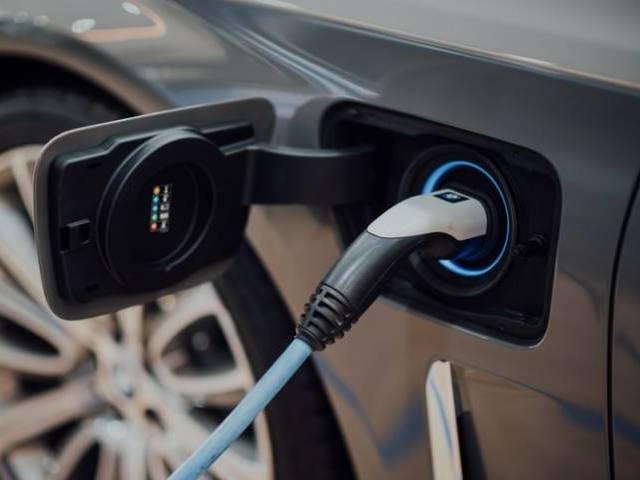At PER Specialist Recruitment, we help international firms hire the most talented electronics professionals from around the world. Given the global shortage of SMPS, UPS, semiconductor and electronics professionals, it’s often necessary to cast your net a little wider to find the best person for the role, which is where the EU Blue Card can help.
What is the EU Blue Card?
The EU Blue Card gives highly qualified workers from outside the EU the right to live and work in an EU country. To be eligible for a Blue Card, the candidate must have a high standard of professional qualifications, such as a university degree, and a binding job offer or an employment contract. Their salary must also be at least equivalent to the average salary in the country they’re going to be working in.
For EU firms, the Blue Card allows them to fill skills gaps that they’re struggling to find European workers for and access the best possible talent from around the world.
Blue Card holders can:
- Enter and remain in a particular EU country for employment
- Leave and re-enter the country for as long as the Blue Card is valid
- Bring their family to the EU country with them
- Build up their periods of residence in EU countries to qualify for the EC long-term residence permit
How do you apply?
The rules about applying for an EU Blue Card differ between member states. In some EU countries, it is the employer who is responsible for completing the application, while in others, the application for the permit must be made by the candidate.
The method of applying also differs. In some EU countries, applications for EU Blue Cards can be submitted online, while others require the candidate to arrange an appointment in the embassy or consulate in their own country.
How long does an EU Blue Card last?
The EU Blue Card is valid for a set period of between one and four years, depending on the country your business is based in. However, the permit can be renewed if an employee’s work contract is extended. If Blue Card holders lose their jobs or a contract comes to an end, they are given three months to remain in the country and look for work. If they are still unemployed after three months, their Blue Card may be withdrawn.
Who can you hire on an EU Blue Card?
As an EU employer, the EU Blue Card allows you to hire workers from all over the world. Currently, most of the workers on EU Blue Cards come from countries such as India, China, Russia, the Philippines, Singapore, the US, Syria and Brazil.
To be eligible for an EU Blue Card, the candidate must have:
- At least a Bachelor’s degree or five years of professional experience
- A job offer from you that is for a minimum of at least six months
- Pays between 1 and 1.6 times the average gross salary of the country you operate in
- Documents proving that they have the necessary qualifications
- Proof of registration and any other professional requirements in their field, if applicable
- Proof of health insurance
- A valid travel document and, if necessary, a visa
Completing a labour market test
As part of the application process, most EU countries ask employers to satisfy a labour market test. This is a check that employers must do to show that they cannot hire a suitable person from the country they operate in before a job is offered to an applicant from overseas.
You must prove that citizens of your country, EU nationals and those who have acquired residency rights in your country do not have the necessary skills for the job. Labour market tests differ from one EU country to another and no longer have to be completed by employers in Germany.
Want to hire electronics professionals from outside the EU?
If you run an EU firm and want to hire electronics professionals from other parts of the world, we can help. We recruit internationally and find the best candidates from the USA, South America, India, the Philippines, Singapore and more to fill your skills gaps.
Find out more about the client journey with PER Specialist Recruitment, take a look at our client case studies and get in touch with our team today.










